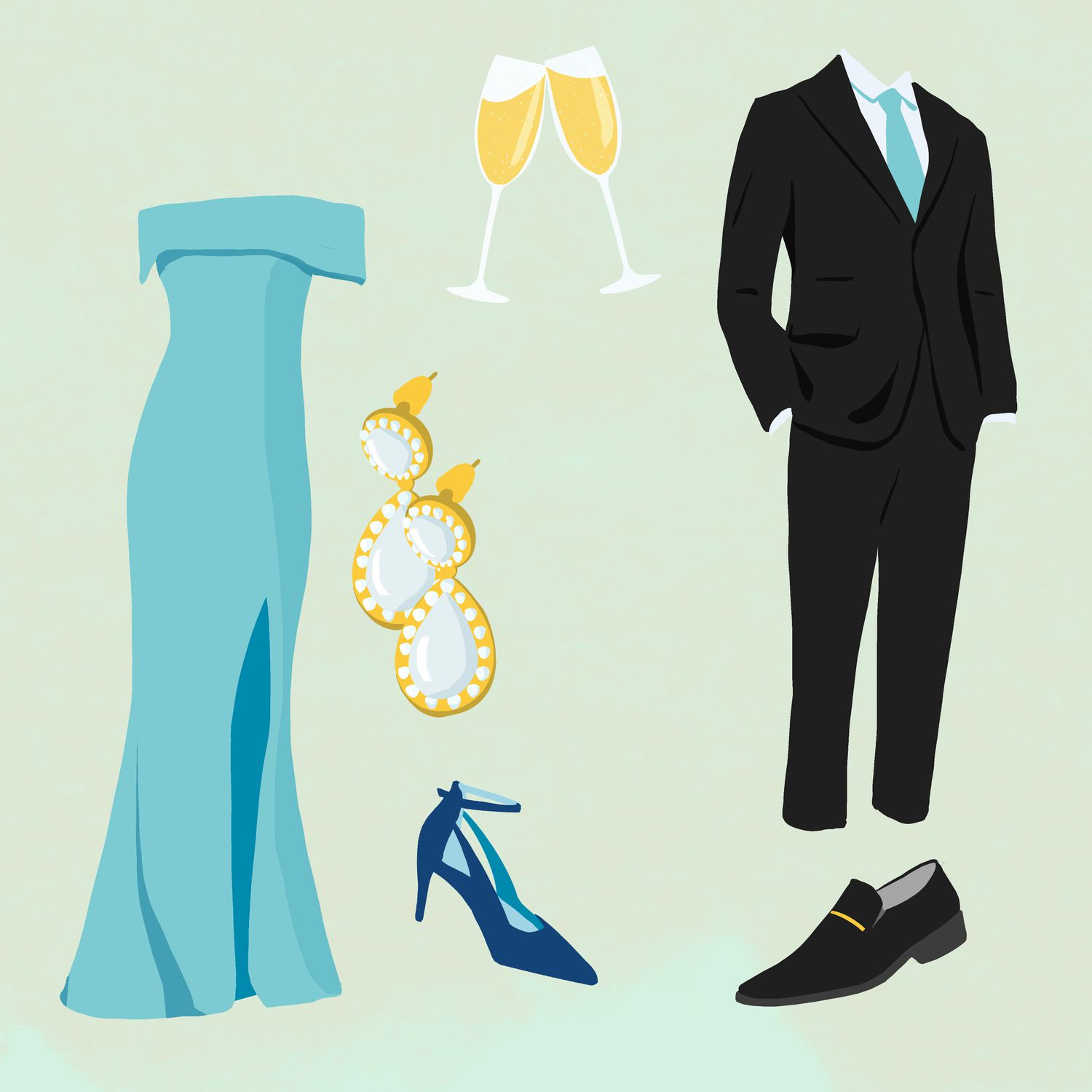When it comes to dressing for different occasions, we often focus on the physical aspects – the dress code, the color scheme, or the style of clothing. But have you ever stopped to think about the psychological impact of what you wear? As someone who has always been fascinated by the connection between our inner selves and our external appearance, I want to explore the psychological aspects of formal wear and how it can influence our mindset and behavior.
First, let’s talk about the power of a suit. Wearing a suit is like putting on a suit of armor – it gives you an instant boost of confidence and authority. Whether you’re attending a job interview or giving a presentation, the simple act of donning a tailored suit can make you feel more capable and in control. It signals to others that you mean business and are ready to take on any challenge.
On the other hand, dressing up for a special occasion, like a wedding or a gala, can evoke a sense of excitement and celebration. The elegant attire creates a festive atmosphere, and you can’t help but get caught up in the joy and merriment of the event. There’s something magical about putting on a beautiful gown or a sharp tuxedo and stepping into a world of glamour and sophistication.
But formal wear isn’t just about enhancing our confidence or enjoying a special moment; it also plays a crucial role in shaping our perception of ourselves. Research shows that what we wear not only affects how others see us but also how we see ourselves. This phenomenon is known as “enclothed cognition” – the idea that our clothing choices can influence our psychological processes.
For example, a study by Adam Hajo and Adam D. Galinsky explored the impact of clothing on cognitive functioning. Participants were asked to complete a series of tasks, with some wearing white lab coats described as doctor’s coats, and others wearing the same coat but described as painter’s coats. The participants who believed they were wearing a doctor’s coat performed better on tasks that required attention and focus compared to those who thought they were wearing a painter’s coat. The researchers concluded that the symbolic meaning associated with the clothing affected individuals’ behavior and abilities.
Similarly, when we dress up for a formal occasion, we adopt a different mindset. We become more attentive to our words, our manners, and our overall demeanor. The act of putting on formal attire helps us transition from our everyday selves to a more refined version of ourselves. It encourages us to step up and behave in a manner befitting the occasion.
Furthermore, formal wear often comes with a set of societal expectations. When we dress up in a suit or an elegant dress, we are conforming to certain norms and codes of behavior. We understand that certain behaviors are acceptable and expected, while others might be seen as inappropriate. This conformity can have a profound effect on our behavior, making us more mindful of our actions and interactions with others.
On a personal level, I have experienced the impact of formal wear on my own mindset and behavior. Whenever I have an important meeting or an event to attend, I make a conscious effort to dress up in a way that reflects the significance of the occasion. This not only helps me project a professional image but also puts me in the right frame of mind. I feel more focused, confident, and ready to tackle whatever challenges come my way.
In conclusion, formal wear is not just about dressing up for the sake of appearances; it holds a psychological significance that goes beyond the surface level. It can shape our confidence, our behavior, and our perception of ourselves. So, the next time you find yourself reaching for that tailored suit or that elegant gown, remember the transformative power it holds. Dress not only for the occasion but also for the impact it can have on your mind and soul.
